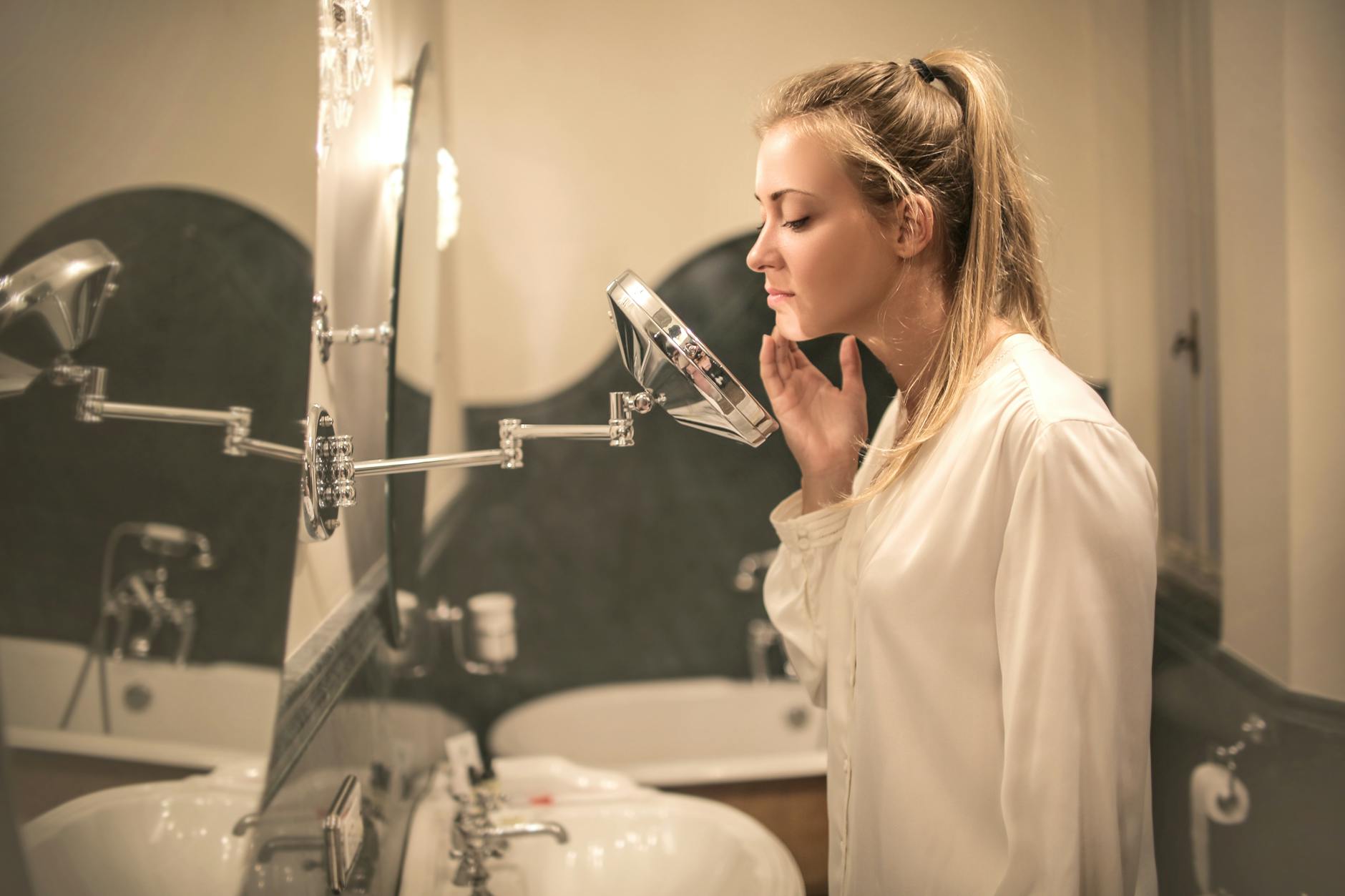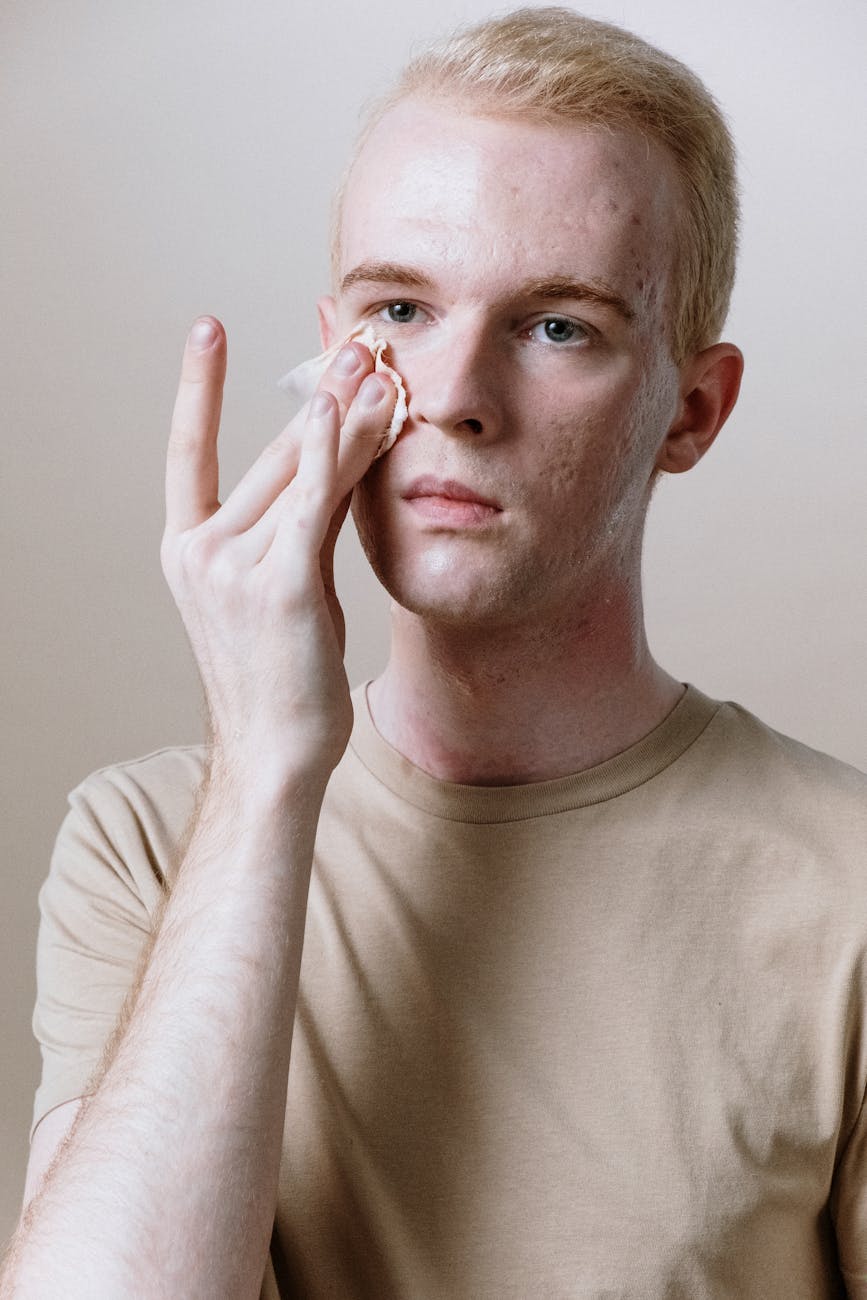
Today, it is the most common skin disease that can be seen at any age, both men and women. Acne, which is the most important problem of adolescence, occurs with the effect of hormones. Acne that occurs at any age after the 20s is defined as adult acne. Adult acne is more resistant to treatment than adolescent acne and is more common in women.
“Acne vulgaris”, commonly known as acne, which occurs in oily areas of the skin, normally occurs as red, yellow inflamed or non-inflamed blisters, black spots (open comedones), white small pustules (closed comedones) or cystic structures. Most commonly seen on the face, acne can also occur on the shoulders, neck, chest, back, scalp and upper arms. It is important to diagnose acne early and apply appropriate treatment, as it may leave scars and reduce the social self-confidence of the person.
Different treatments can be applied according to the type of acne. Acne is a disease that requires medical care and treatment regardless of age and severity. Only medical treatment can eliminate acne lesions. First of all, if there is an underlying disease, this should be investigated by dermatology doctors. Acne is not a contagious disease. A wrong application can cause an increase in acne and scarring on the skin. In addition, if acne is not treated, the risk of scarring increases. Since it is a longer process to treat these scars, it is important to treat acne at an early stage. Thanks to new technologies, it is possible to return to daily life quickly with short recovery times.
How does acne occur?
Acne occurs when hair follicles, known as pores in the skin, become clogged with excess sebum and dead skin particles secreted by the sebaceous glands. When oil production increases due to genetic, hormonal and environmental factors, black and whiteheads appear. The clogged hair follicles break down over time, inflamed and non-inflamed blisters and cysts form.
The products used for cleansing the skin should be carefully selected. And the skin can be washed regularly, once or twice a day, with a cleanser that is close to the natural pH of the skin.
What are the factors affecting acne formation?
The most important factor in acne formation is genetic predisposition. Early diagnosis and treatment is important, especially in people whose family members have experienced severe acne that leaves scars. Apart from this, it may also occur due to stress, wrong cosmetic applications used for skin care, hormonal disorders. Increased oil secretion is another important factor. People with acne have larger sebaceous glands and oil production is higher in these people compared to people with normal skin. For this reason, drug treatments that reduce oil production are very important in the healing of acne.
Hormones are very effective in acne formation. Before puberty, the pores on the skin are smaller, the production of sebaceous glands is low and insufficient for acne development. During puberty, under the influence of hormones (androgens), the sebaceous glands enlarge and thus oil production increases. Propionibacterium acnes is part of the normal flora of the facial skin. However, when they multiply in larger numbers than normal in areas of increased oil secretion, they cause acne formation.
Which disease is acne a symptom of?
If acne is accompanied by one or more of the following symptoms: menstrual irregularity, hair growth problems, thinning of the hair on the top of the head, increased fat deposits especially around the waist, the patient should be evaluated hormonally. The underlying causes may be polycystic ovary, adrenal gland disease or insulin metabolism disorder. Cortisone treatments used locally or systemically, hormone treatments with high progesterone content, vitamin B12 supplements, some antidepressant drugs may cause adult acne.
In which cases is acne seen?
Acne can be seen in many different forms according to its clinical features. The mildest form, comodogenic acne, appears as black spots or white bumps, while the inflamed form is called pustules. The most severe form is characterized by nodules and cysts, which appear as large painful indurations under the skin and can cause permanent scars. Acne can appear not only on the face but also on areas such as the chest and back. The deterioration of physical appearance can lead to psychological stress and tension. Withdrawal from society, unhappiness, and even the development of depression can be observed.

How to prevent acne formation?
Acne is a disease that requires dermatologic treatment. Many treatment strategies such as local creams and oral antibiotics and isotretinoin, a synthetic vitamin A precursor, shorten the course of the disease, reduce its severity and minimize scarring.
Patients with acne often have oily skin. To reduce facial shine, patients wash their face frequently. However, excessive face washing causes dryness, which prevents effective treatment. Patients are recommended soaps that are suitable for the skin pH to wash their face. These soaps reduce the bacterial flora of the skin. A maximum of two washes a day is recommended.
Many women and men want to cover their acne lesions. For this, thin, water-based cosmetics that come off easily when washed should be preferred. However, if cosmetics are used, the face should be cleaned before going to sleep or before applying treatment creams.
How is acne (pimples) treated?
There are different types of acne. Usually more than one type is seen together in a patient. First of all, if there are nodulo-cystic lesions, treatment of these lesions should be started. Because this type causes scar formation the most. Injections can be made into them, their contents can be drained, and they are supported with oral treatments. Subcutaneous cleansing, peels, oral medical treatments and local treatments are then applied to regulate the increased oil secretion that causes acne in the substructure of the skin and the deteriorated structure on the skin.
Acne treatment cannot be done with a standard procedure. A unique treatment program is determined by taking into account the patient’s examination findings and general medical history.
People with acne seeking remedies from cosmetic creams, lotions and beauty salons may cause the disease to worsen and leave scars. For this reason, acne treatment should only be performed by specialized dermatologists.
Depending on the type of acne, blackhead removal, chemical peeling (with salicylic acid etc.), cyst removal procedures can be applied.
For scar treatment after acne treatment, Golden Needle Radiofrequency, Fractional CO2 Laser, Dermapen, Light treatments and PRP, vitamins, peptide solutions are used to strengthen the effect of the devices.
Is acne treatment painful?
Acne treatments are painless treatments. No side effects are observed.
When do the effects of acne treatment start to be seen?
It depends on the type of acne, the skin structure of the person and the underlying cause.
